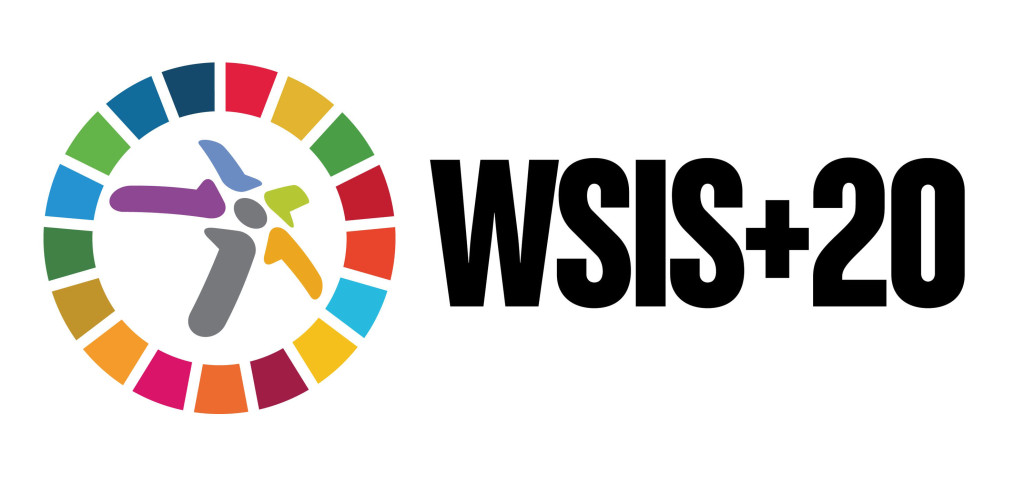Youth IGF India calls for stronger youth inclusion in WSIS+20 Process
The group urges formal recognition of Youth IGFs within WSIS processes, alongside concrete measures to ensure inclusive policymaking that reflects young people’s diverse realities. It also highlights the need for intergenerational digital literacy initiatives and rights-based approaches to tackling misinformation, stressing that safeguarding freedom of expression must remain central to the future of the information society.

Youth IGF India has submitted its official contribution to the ongoing consultation on the WSIS+20 Zero Draft, urging policymakers to take a more structured approach to youth inclusion in global internet governance. The submission highlights the need to institutionalise youth participation within the World Summit on the Information Society (WSIS) process and to address persistent inequalities in access, literacy, and representation.
The statement, prepared by Youth IGF India founder Ihita Gangavarapu and 2025 Fellow Preeksha Malhotra, reaffirms support for making the Internet Governance Forum (IGF) a permanent UN forum, as proposed in paragraph 115 of the Zero Draft. It describes WSIS+20 as a milestone for both evaluating the past two decades and setting priorities for the next twenty years of the digital era.
According to the submission, young people – often referred to as ‘digital natives’ – remain underrepresented in policymaking despite being among the most affected by digital transformations. Youth IGF India argues that systemic measures are needed to integrate youth perspectives into national and international policy processes, stressing that young people are not a single, uniform group but represent diverse economic, cultural, and regional realities.
The group proposes that Youth IGFs be formally recognised within WSIS structures, allowing each national Youth IGF to act as a country-level branch of the global forum. This recognition, they say, would make the process more inclusive and locally grounded while helping align the WSIS agenda with the sustainable development goals.
Beyond representation, the submission calls for policies that reduce digital inequality through multilingual engagement, support for marginalised youth, and improved access to digital infrastructure. It also emphasises the importance of media and information literacy, recommending that both school-level and adult education programmes be strengthened to close generational knowledge gaps.
On digital rights, Youth IGF India warns that efforts to combat misinformation and disinformation should not come at the cost of free expression. The submission urges governments to uphold Article 19 of the Universal Declaration of Human Rights in the digital environment and to adopt balanced frameworks developed through multistakeholder consultation.
The overall message of the submission is that the WSIS+20 review should not only look back at achievements since 2005 but also establish a lasting structure for youth participation. In doing so, it argues, the next generation will have both the capacity and the legitimacy to help shape the future of the global information society.


